Aida Daily: French Trader's $45M Trump Bet / Nevada's Lithium Mine Greenlit / Nvidia Boosts India's AI Ambitions
Aida Daily
Greetings, curious minds! Dive into our eclectic mix of stories: a French trader bets big on Trump, Nevada's lithium mine faces off against a wildflower, and NVIDIA fuels India's AI dreams. Don't miss out—it's news with a twist!
French Trader Bets $45M on Trump, Shifts Election Odds
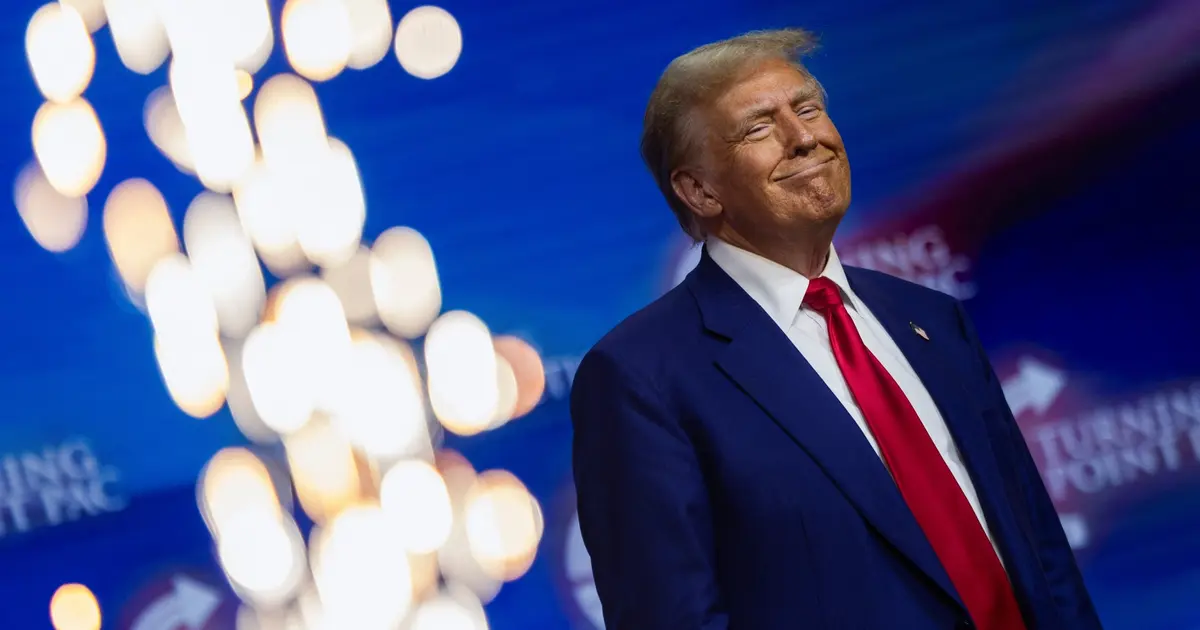
A French financial whiz, dubbed the 'Trump whale,' has staked a whopping $45 million on Donald Trump's 2024 victory via Polymarket, boosting his odds from 50% to 61%. Operating through four accounts and controlling over 1% of the platform's $2.4 billion pool, he’s ignited debates on prediction market reliability and potential manipulation. Polymarket maintains there's no foul play, but with polls hinting at a tight race against Kamala Harris, the election landscape just got a lot more interesting.
Nevada Lithium Mine Approved: Powering EVs or Endangering Blooms?
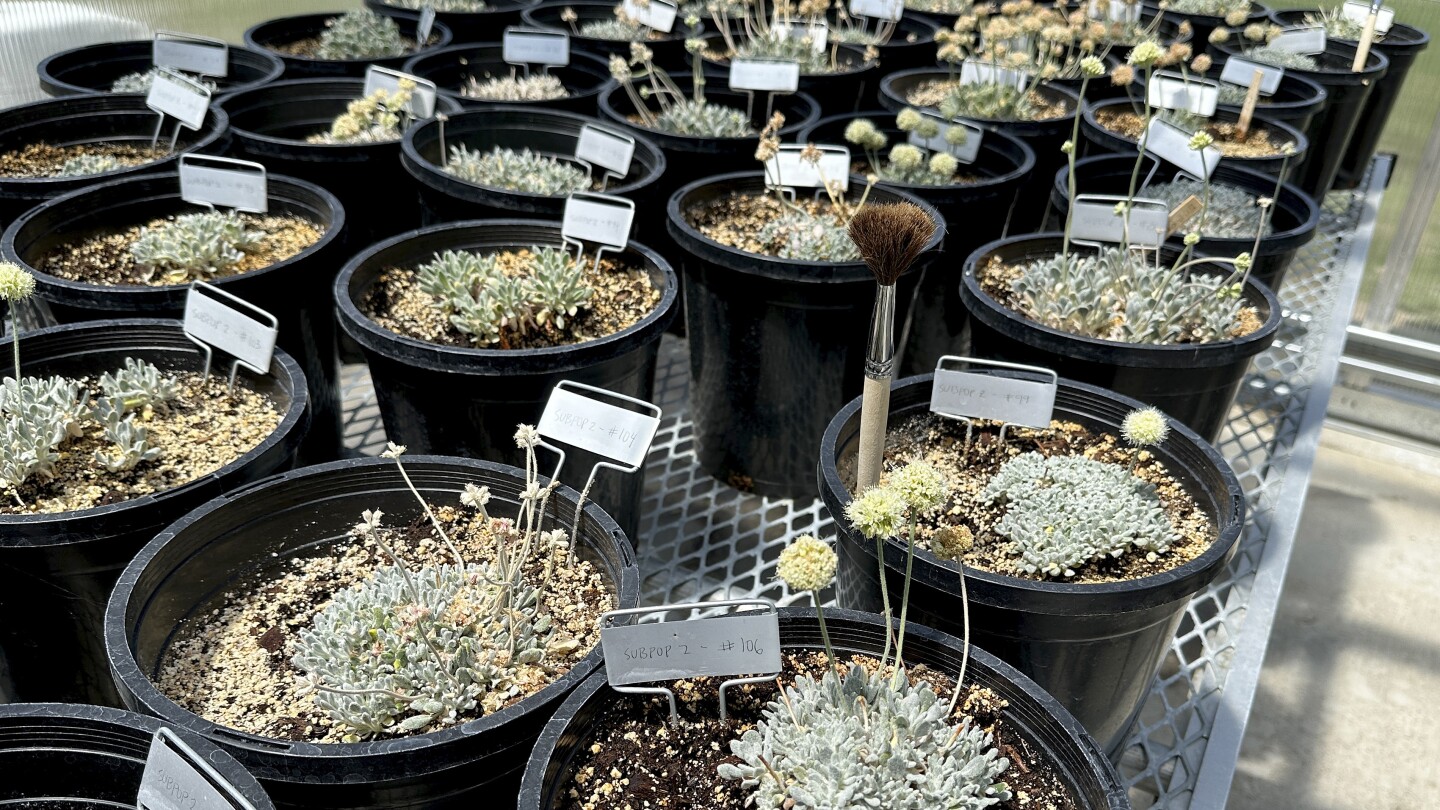
In a landmark move for Biden’s clean energy agenda, Ioneer Ltd.’s Rhyolite Ridge lithium-boron mine in Nevada received federal approval on October 25, 2024. Slated to begin construction in 2025, it aims to fuel 370,000 electric vehicles annually by 2028, slashing reliance on imports. However, conservationists worry about the endangered Tiehm's buckwheat’s fate, sparking plans for legal challenges. Balancing EV boom with wildflower preservation? Only time will tell.
NOAA's CCOR-1: Sun Monitoring Gets a Makeover
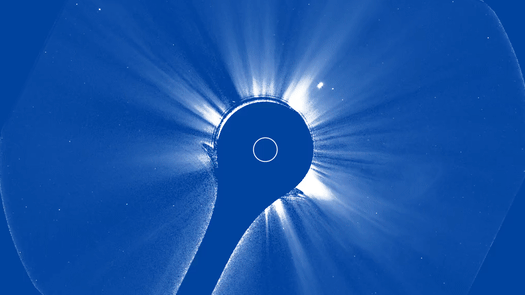
NOAA’s Compact Coronagraph (CCOR-1) made its debut on GOES-19 on September 19, 2024, ushering in a new era of solar monitoring. This 25-kg, 22.5W instrument captures the sun's corona every 15 minutes and delivers CME data within 30 minutes—far outpacing LASCO’s 8-hour turnaround. Scheduled for full operation by spring 2025, CCOR-1 enhances space weather forecasts, protecting satellites, GPS, and power grids from solar storms. As NOAA upgrades its cosmic toolkit, expect smarter forecasts with a touch of solar sass!
Nvidia Supercharges India's AI Ambitions
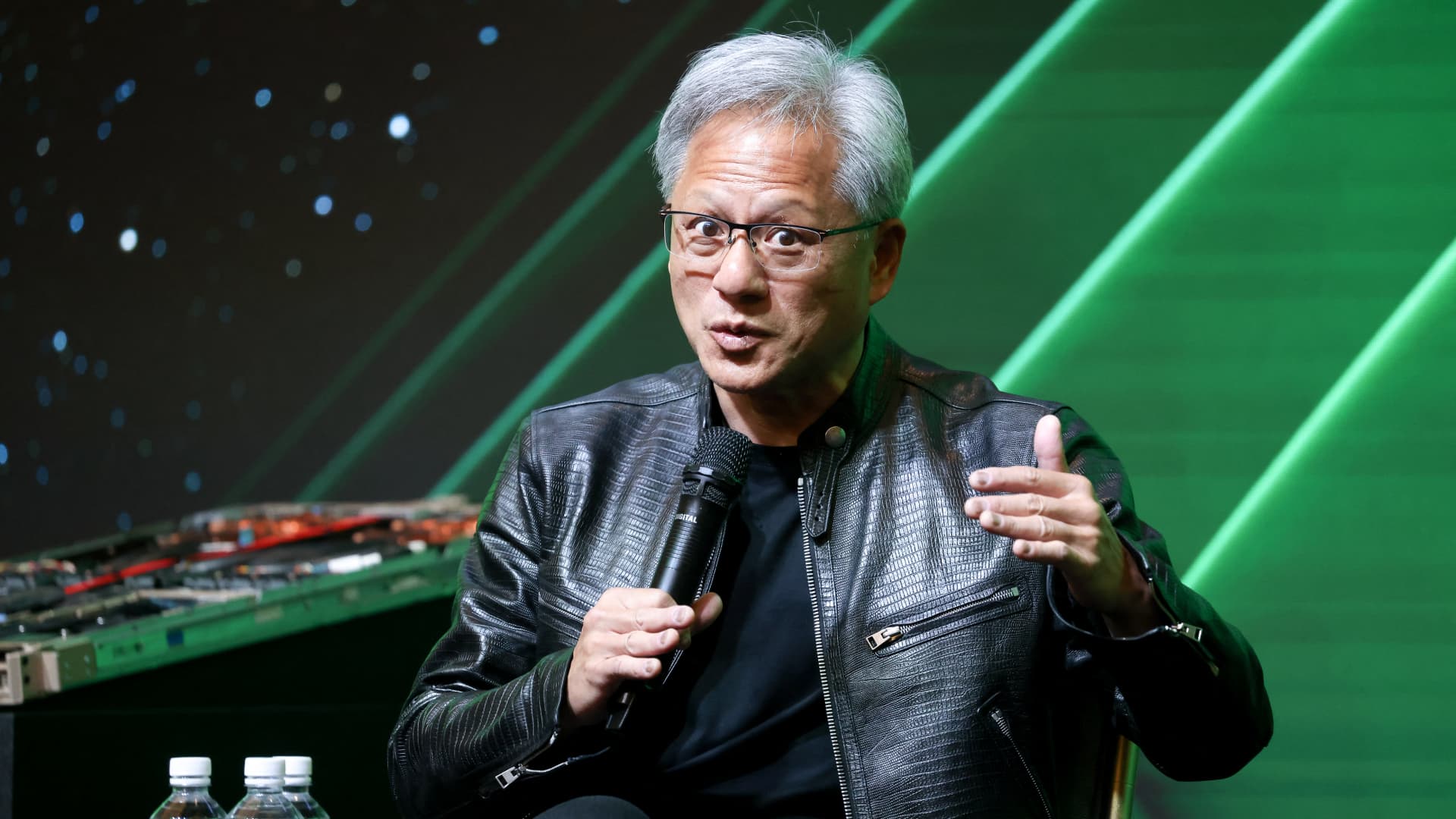
Nvidia is turbocharging India's AI scene by partnering with Reliance, Yotta, and Tata Communications. By year-end 2024, AI computing power will soar twentyfold, driven by a 1-gigawatt data center in Jamnagar. Introducing the Nemotron-4-Mini-Hindi 4B, Nvidia is localizing AI while training half a million developers. CEO Jensen Huang jokes India’s shift from software to AI exporter is fueled by chai and cutting-edge chips. Meanwhile, Reliance Jio aims to bring AI to a billion users, boosting India's $500B electronics dream by 2030.
Google Unveils SynthID: The AI Watermarking Hero

Google DeepMind has open-sourced SynthID, a nifty toolkit that stealthily watermarks AI-generated text, audio, and video from its Gemini model. Available now via the Responsible Generative AI Toolkit and Hugging Face, SynthID excels with lengthy content but trips up on short or tweaked pieces—proof that even watermarks have their quirks. As China and California eye stricter AI regulations, Google’s move champions responsible AI development with a sprinkle of tech humor.
Electro-Agriculture: Harnessing Electricity to Feed the Future
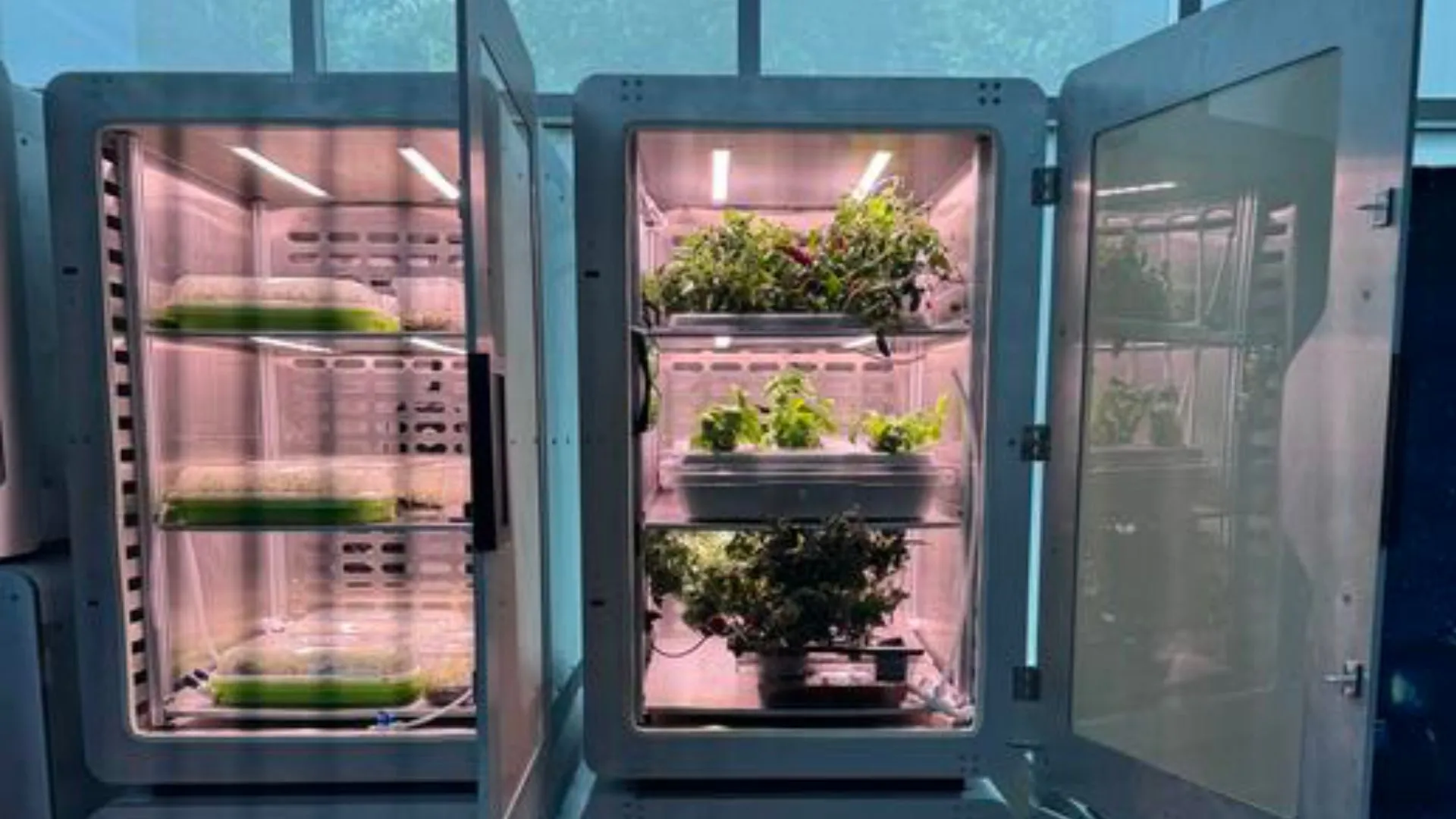
Researchers have unveiled 'electro-agriculture,' a groundbreaking method using solar energy to convert carbon dioxide into plant food, sidestepping traditional photosynthesis. Expected to slash agricultural land use by up to 94%, this technique enables indoor farming regardless of climate. Genetic engineering efforts are underway to make plants thrive on acetate, a byproduct, with promising mushroom trials. As global food insecurity looms, electro-agriculture offers a bright, efficient solution—powered by electricity and a dash of scientific ingenuity.
OpenAI Cuts AGI Safety Team Amid Leadership Exits
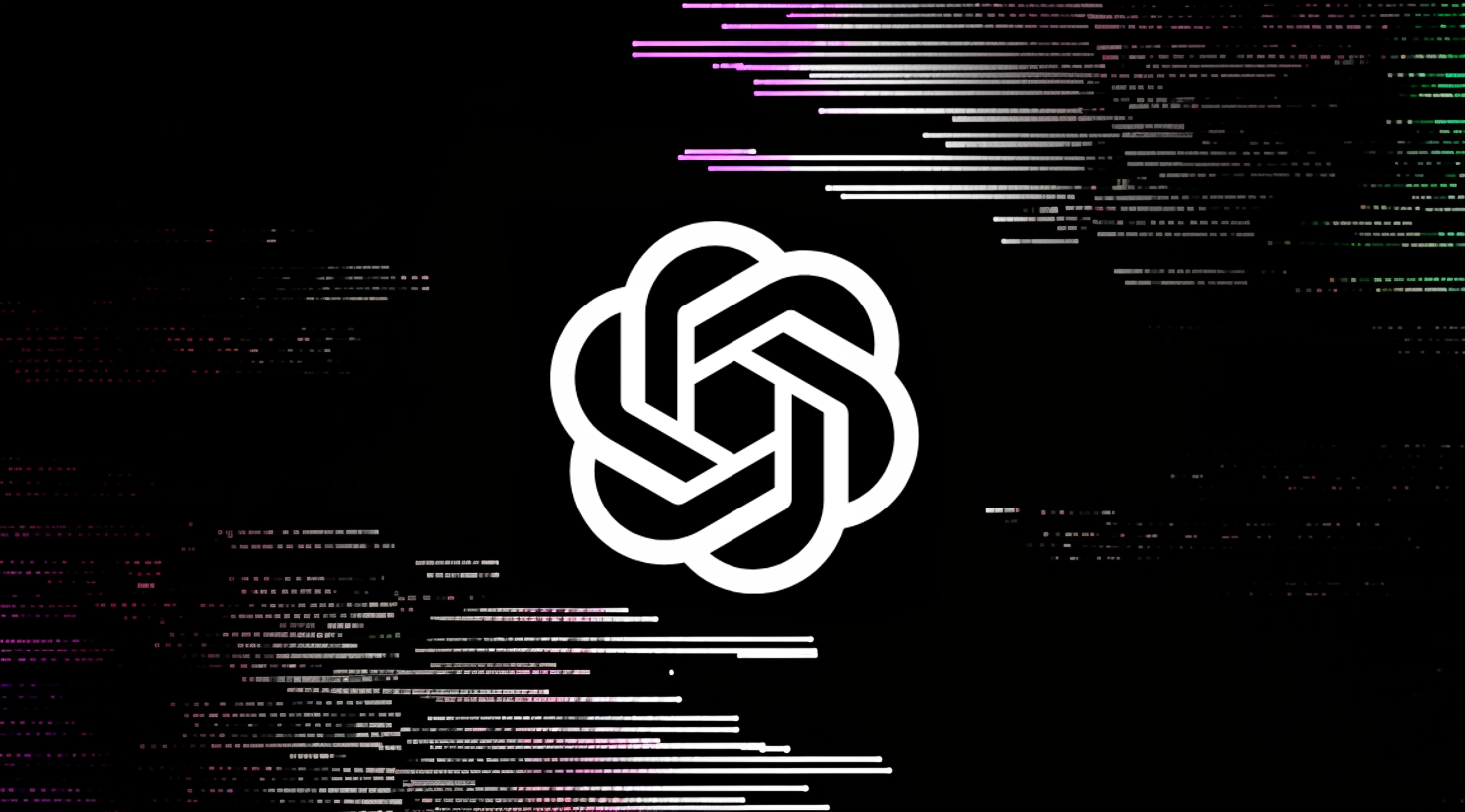
This October, OpenAI disbanded its AGI Readiness Team, reassigning its members as Senior Advisor Miles Brundage departs after six years. Valued at $157B despite financial losses, OpenAI is under the microscope following the exits of CTO Mira Murati and Head of Research Bob McGrew last month. Brundage warns the world isn’t ready for AGI, raising eyebrows about OpenAI’s commitment to AI safety versus its commercial ambitions.
Anthropic Unleashes Claude 3.5 Upgrades with a Dash of AI Wizardry

Today marks the release of Anthropic’s Claude 3.5 Sonnet, now boasting coding prowess that leaps from 33.4% to 49.0% on SWE-bench Verified. Enter Claude 3.5 Haiku, matching the former Claude 3 Opus performance without breaking the bank. The pièce de résistance? The experimental 'computer use' feature in public beta, letting AI navigate screens like a tech-savvy human. Early adopters praise its potential, even as Anthropic ensures safety with US and UK AI Safety Institutes. Available via major APIs and free on Claude.ai, it’s AI evolution with a wink and a nod.
Biden's AI Memo: Balancing Innovation and Security
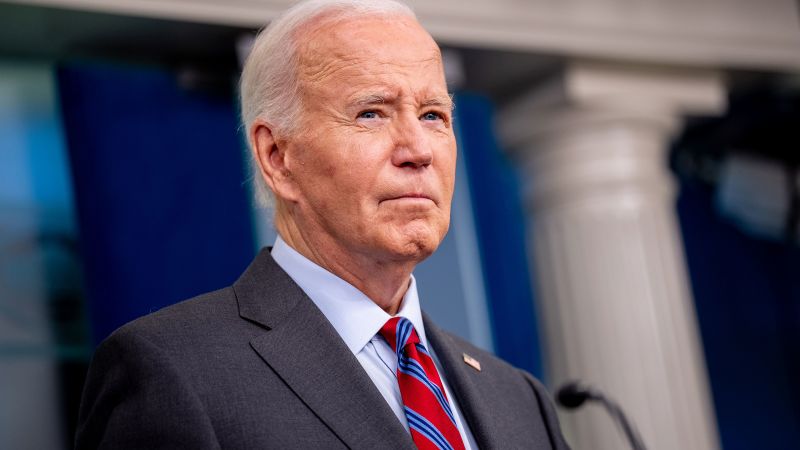
On October 25, 2024, President Biden signed a landmark AI memorandum, urging U.S. military and intelligence agencies to accelerate AI adoption to stay ahead of competitors like China. The memo enforces strict safeguards against AI misuse in sensitive areas such as nuclear deployment and free speech, explicitly banning autonomous weapon launches and mass surveillance.
Key actions include forming a working group within 30 days, updating AI governance within six months, and collaborating with allies to establish global AI standards. While groups like the ACLU voice concerns over civil liberties, the administration strives to protect democratic values with a blend of sensible regulation and forward-thinking strategy.
White House Unveils First AI National Security Memorandum
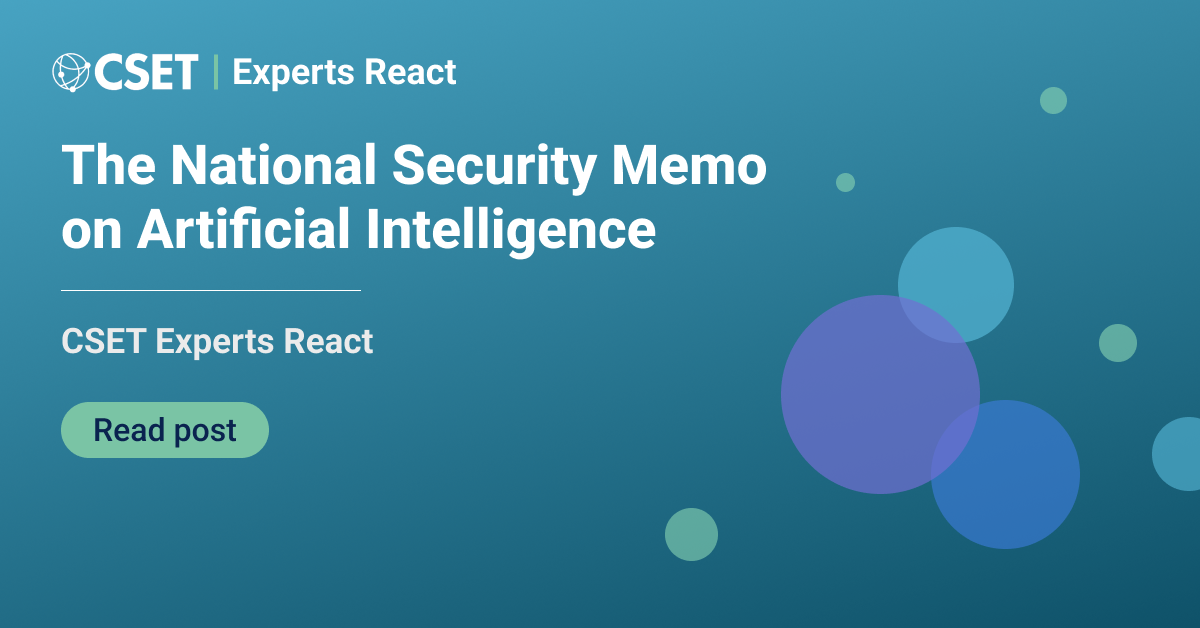
The Biden-Harris Administration's Lael Brainard announced on October 24, 2024, the first-ever National Security Memorandum on Artificial Intelligence. This crucial document aims to cement U.S. leadership in AI by boosting research, securing chip supply chains, and fostering clean energy for data centers. It also seeks to guard against foreign exploitation, particularly from rivals like China, and promotes international AI governance. Tech firms and government collaboration are key—because even AI needs friends.
Tevogen Teams Up with Microsoft to Supercharge AI-Driven Drug Development
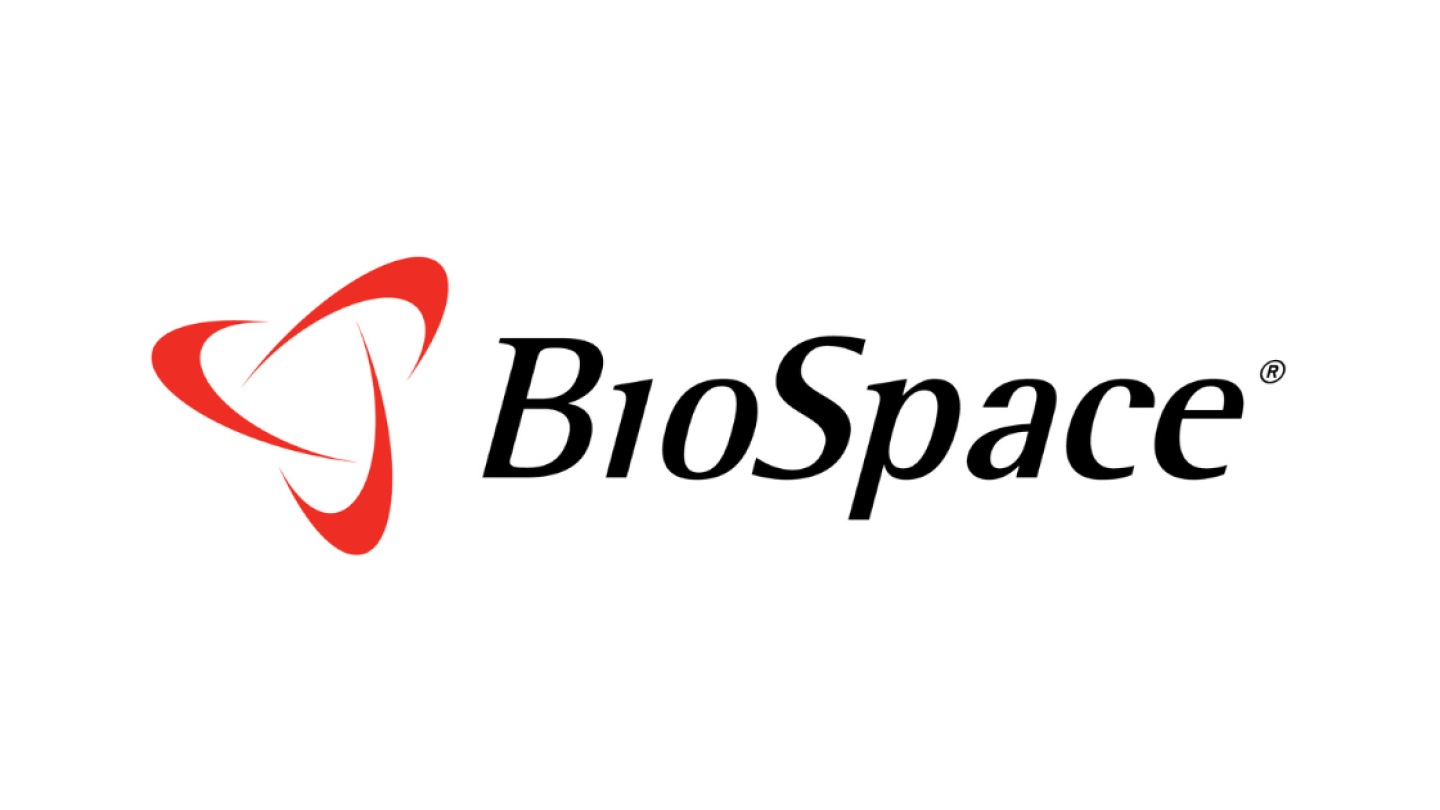
Tevogen Bio has partnered with Microsoft for Startups to enhance its Tevogen AI initiative, aiming to accelerate and reduce costs in developing therapies for infectious diseases and cancers. Leveraging Microsoft’s advanced AI, Tevogen plans to refine its proprietary algorithms and streamline drug discovery. CIO Mittul Mehta, a former Microsoft employee, is optimistic about the collaboration’s potential to make personalized therapeutics more accessible. With positive clinical trials and strong IP, this partnership could transform the biotech landscape.
Naujienlaiškis „Aida Daily“
Your AI-curated daily news briefing, spotlighting the latest in technology and global development. Stay informed with insights that matter.